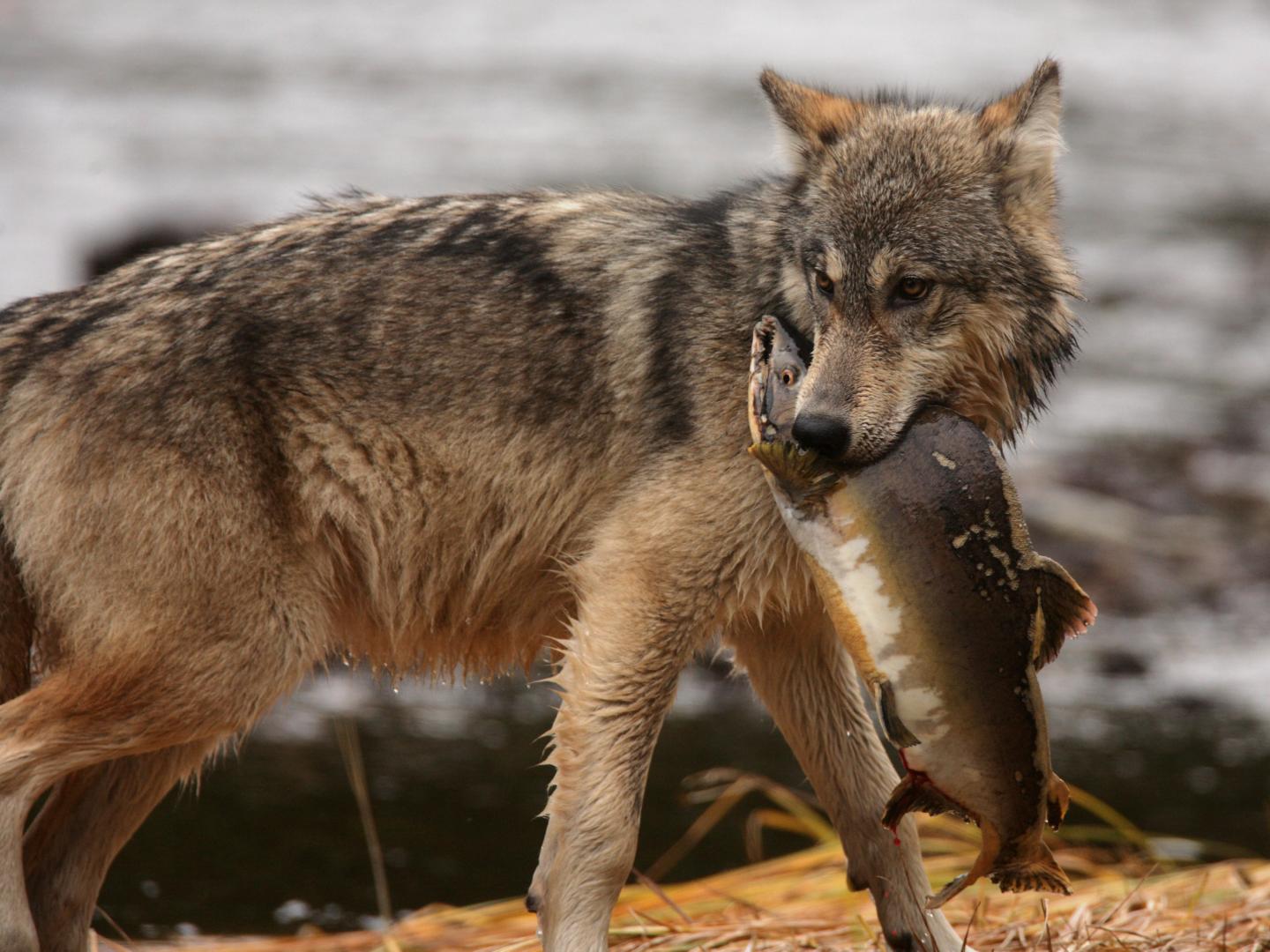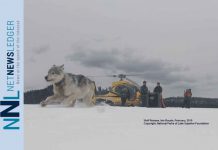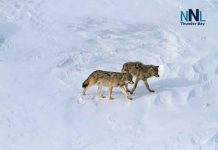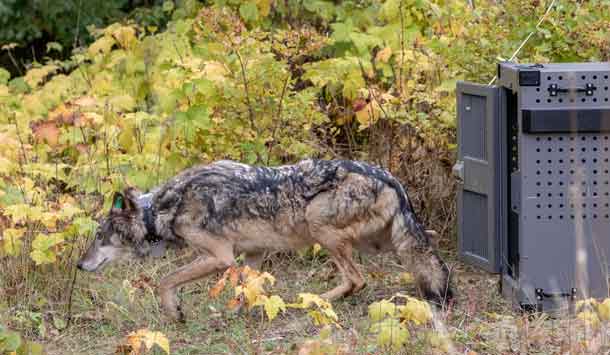THUNDER BAY – TECH – Are humans unsustainable ‘super predators’? Want to see what science now calls the world’s “super predator”? Look in the mirror.
Research published in the journal Science by a team led by Dr. Chris Darimont, the Hakai-Raincoast professor of geography at the University of Victoria, reveals new insight behind widespread wildlife extinctions, shrinking fish sizes and disruptions to global food chains.
“These are extreme outcomes that non-human predators seldom impose,” Darimont’s team writes in the article titled “The Unique Ecology of Human Predators.”
“Our wickedly efficient killing technology, global economic systems and resource management that prioritize short-term benefits to humanity have given rise to the human super predator,” says Darimont, also science director for the Raincoast Conservation Foundation. “Our impacts are as extreme as our behaviour and the planet bears the burden of our predatory dominance.”
The team’s global analysis indicates that humans typically exploit adult fish populations at 14 times the rate of marine predators. Humans hunt and kill large land carnivores such as bears, wolves and lions at nine times the rate that these predatory animals kill each other in the wild.
Humanity also departs fundamentally from predation in nature by targeting adult quarry. “Whereas predators primarily target the juveniles or ‘reproductive interest’ of populations, humans draw down the ‘reproductive capital’ by exploiting adult prey,” says co-author Dr. Tom Reimchen, biology professor at UVic. Reimchen originally formulated these ideas during long-term research on freshwater fish and their predators at a remote lake on Haida Gwaii, an archipelago on the northern coast of British Columbia.
The data set includes wildlife, tropical meat and fisheries systems from every continent and ocean, except Antarctica. The authors conclude with an urgent call to reconsider the concept of “sustainable exploitation” in wildlife and fisheries management. A truly sustainable model, they argue, would mean cultivating cultural, economic and institutional change that places limits on human activities to more closely follow the behaviour of natural predators.





